An old English adage goes like this; Stealing from Peter and giving it to Paul. While this might work well in a Robin Hood movie, would it work for the Indian economy.
Finance Minister P Chidambaram had last month said that “when the economy requires, government requires more resources, the very rich willingly should pay a little more”. The comments had stirred up a debate making investors looking for a stable tax regime uneasy.
C Rangarajan, the chairman of the Prime Minister’s economic advisory council, tabled the idea, which found support in Azim Premji, the chairman of Wipro and several other economists. However, rather than going by the trends in the West, a higher tax rate has not worked in strengthening India’s fiscal situation. This is because the number of declared wealthy tax-payers is too small to make a substantial difference to the country’s fiscal health.
In fact, the Direct-tax-to GDP ratio actually went up when tax rates were slashed.
While increasing taxes on the rich makes political sense ahead of general elections next year, economists and India Inc honchos Firstpost spoke to say it is more important to widen the tax base and improve compliance.
Girish Vanvari, Executive Director and Co-Head Tax, KPMG thinks the India growth story can only continue if the consumption takes place by the middle and lower-middle class rather than just the rich.
“Hence money needs to move in different sectors, so more jobs are created and consumption increases. But, taxation of the rich may not be a better way of getting taxes. So, rather than taxing super rich and de-motivating them with a 50 percent tax rate, a better calibrated approach would be to have better compliance in the system.”
Marico Ltd chairman and managing director and former Ficci president Harsh Mariwala said the FM would not be able to afford any negative shocks. He said even if the minister wanted to introduce a tax for the rich or an inheritance tax, he would, perhaps, do so at a low rate to give a general step in that direction, rather than do something dramatic or aggressive.
Abheek Barua, chief economist at HDFC Bank fearsthat the much talked about proposal to tax the super-rich is driving away capital and entrepreneurs is “grossly exaggerated”. He thinks there is some merit in having a different tax bracket for incomes above a certain level, but that the finance minister should perhaps not move ahead on the proposal now, given the adverse sentiment it might attract in the short term.
Ashish Chauhan, the Managing Director and CEO of BSE thinks that this is a mere peripheral issue while the larger picture was to create jobs for different sections of society as well as create opportunities for entrepreneurs. He said that he had faith that the government and policy makers were aware of these issues and would take steps in the right direction.


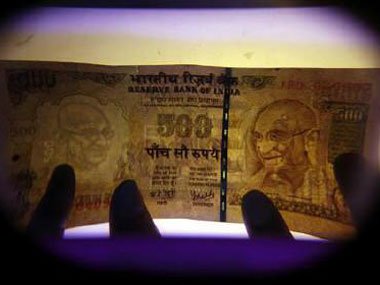)




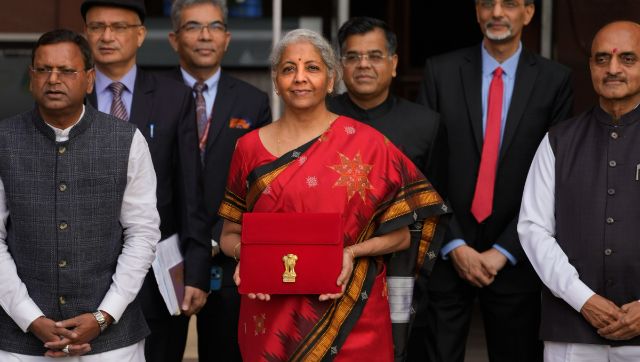)
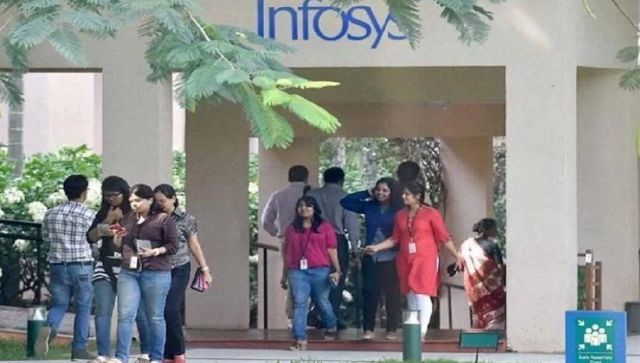)
)
)
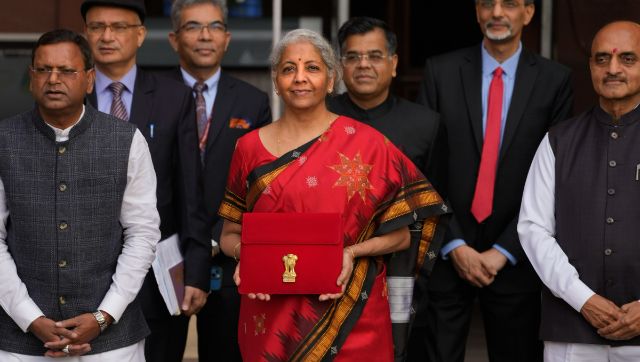)
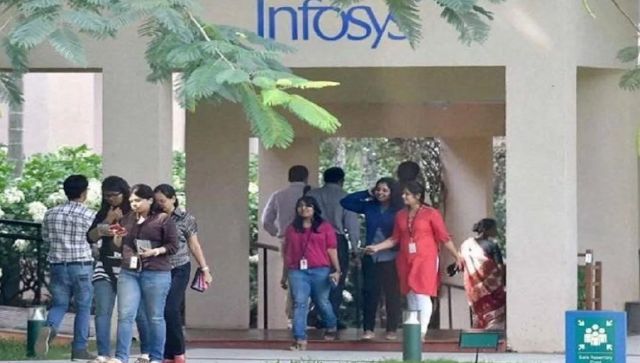)
)
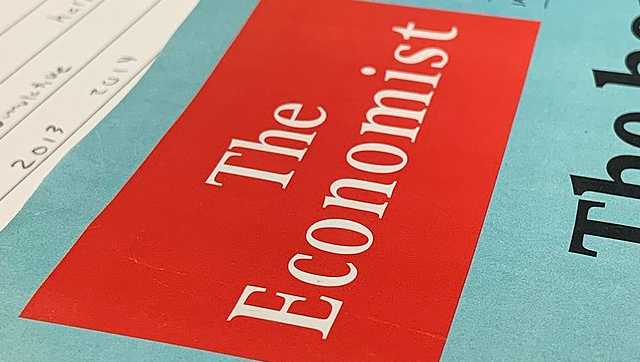)